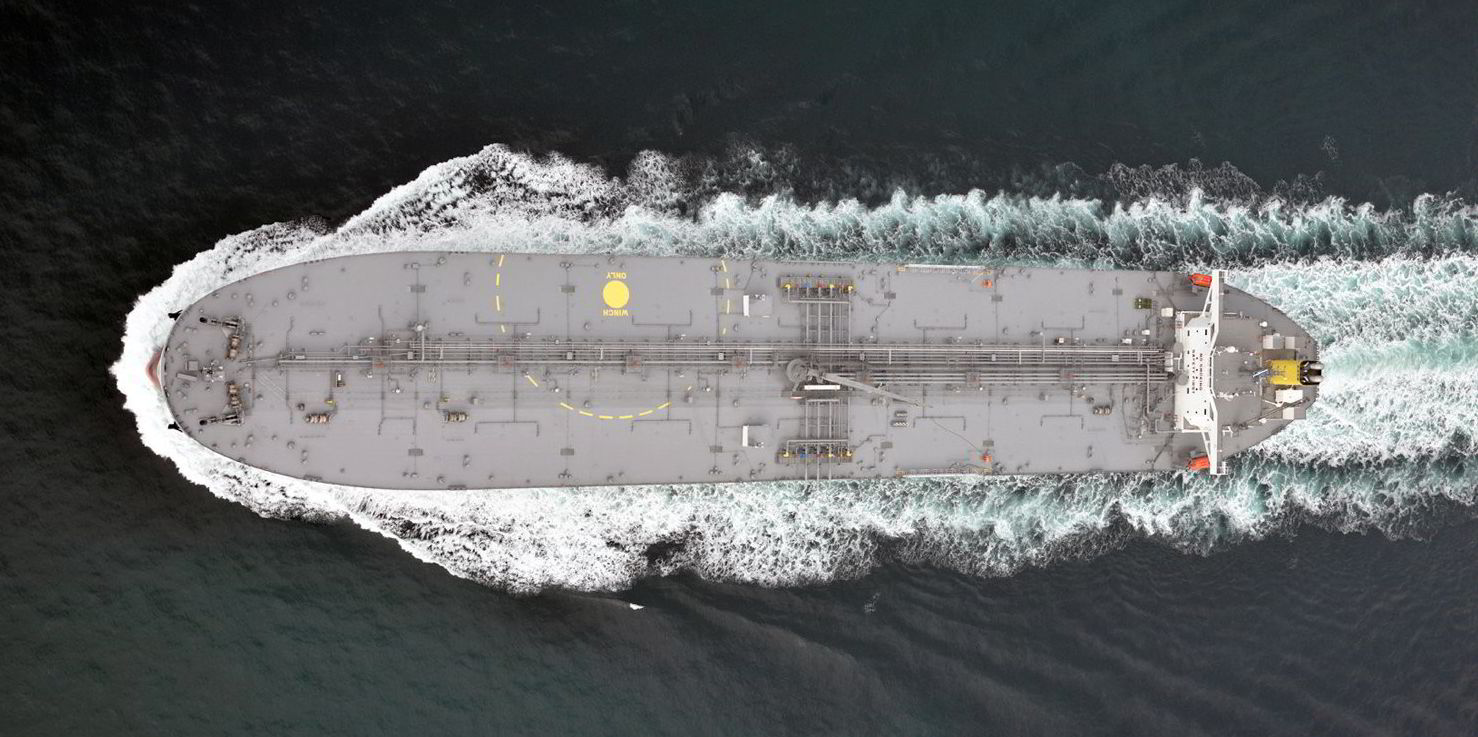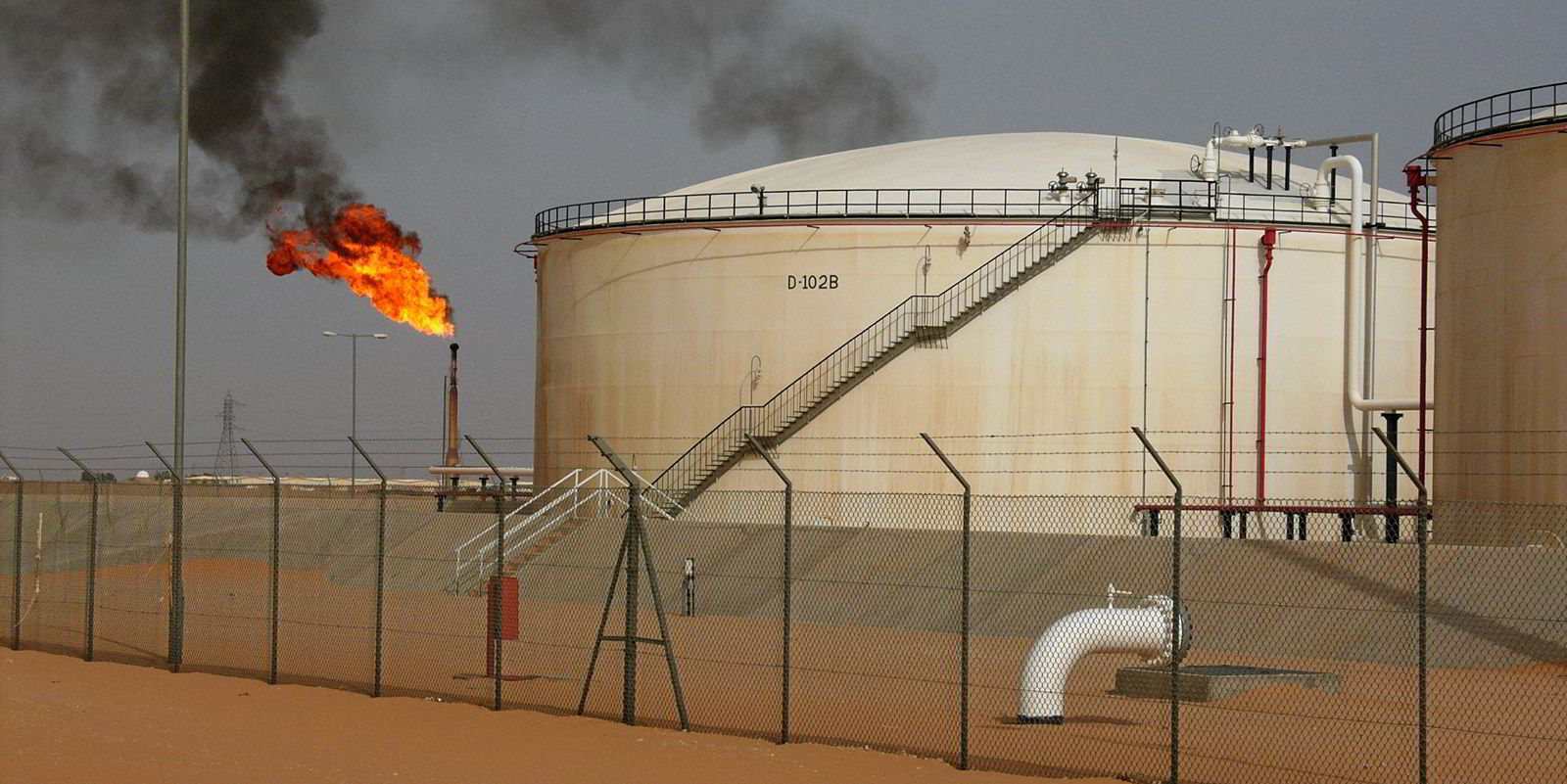Libya is reported to have halted crude oil exports from two key ports, in a move likely to affect the aframax and suezmax tanker markets.
The National Oil Corp (NOC) is said to have informed some trading and shipping companies of force majeure restrictions at the country’s biggest oil export terminal, Es Sider, and its third-biggest, Ras Lanuf, Bloomberg reported, quoting unnamed sources.
The move comes after the NOC said it might have to halt exports from the Gulf of Sirte, which includes both ports, as well as Brega and Zueitina.
Subsidiary Waha Oil, which uses Es Sider, has reportedly completely shut down production because protests prevented tankers from loading.
NOC chairman Mustafa Sanalla warned on 27 June: “We are considering the declaration of the state of force majeure within the next 72 hours unless production and shipping is resumed at the oil ports in the Gulf of Sirte.
“We call on all parties to be wise, give priority to the interest of the country, allow oil to flow and not to be dragged behind calls for escalation, and we urge adherence to Libya’s sovereignty.”
Sanalla claimed some factions are trying to “demonise” the oil sector in the capital, Tripoli.
“But we will not stand idly by and we will address them in accordance with legal frameworks,” he said.
“The government is responsible for the sovereignty of its institutions. No tolerance should be accepted with any individual, minister or anyone who politicises the oil sector or uses it as a tool for any negotiations, bargaining or settlements.”
The chairman said he is not a politician, “but I can show you the right direction”.
“Libya’s stability starts from managing its resources, and you will find the oil sector enthusiastic to work and play its technical and non-political role motivated by the understanding of the genuine politicians on the particularities of this vital sector and its role in the present and future of the country,” he said.
Libya’s crude production has halved since mid-April to roughly 600,000 barrels per day (bpd), according to Bloomberg estimates.
However, recent estimates from shipbroker Barry Rogliano Salles (BRS) put the figure at closer to 750,000 bpd.
BRS has described the security situation as “extremely fragile”, with protests at oil installations a frequent occurrence.
In the past few weeks, protests have broken out at several installations, notably the 200,000-bpd Sarir oil field, which was shut, and the export terminals at Es Sider, Ras Lanuf and Hariga.
BRS said the fall in production has “come at the wrong time for global oil markets”, as Libya’s low-sulphur crude is especially attractive due to its high cuts of light and middle distillates, which are in high demand from simple refiners to process into transport fuels.
Last year, aframaxes and suezmaxes lifted about 60% and 40% of Libya’s crude and condensate exports, respectively, according to BRS.
This year, there has been a slight shift as more aframaxes have hauled 70% of exports, which has been attributed to China lifting less Libyan crude than last year.





